We don’t want to write about loneliness. We’d rather write about fun things like trips to the beach or Italy and publish lots of photos of women our age coming together for coffee or movies or book clubs. But this is not the world all of us know. Some of you reading this may have a profound ache that comes from not enough connection with other people.
The media is full of reports on the growing loneliness epidemic and how it impacts those over 50 acutely.
The growing loneliness epidemic impacts those over 50 acutely.
In 2017, when Jeannie Ralston and Lori Seekatz founded NextTribe, they recognized that as we get older we can begin to feel less relevant and less understood, both of which can lead to a greater sense of isolation–even if you don’t live alone. Sometimes you can feel most alone in a marriage that isn’t working. One of the first stories we published was about the importance of girlfriends, a story that contained this alarming statistic: Not having a good social network can be more harmful to your health than smoking a pack of cigarettes a day.
But since 2017, the situation has only grown worse.
Read More: Speed-Dating to Find New Friends: One Woman’s Campaign
New Reports on Loneliness
With loneliness already on the rise, the pandemic only intensified this damaging trend. Even the term “social distancing” is depressing, but it was drilled into our heads and hearts. It’s difficult to rebound from such an epic break from the way humans, as social creatures, have lived from our early days on this earth, gathering in tribes for protection and survival. Technology has been the double-edged sword in the pandemic–offering a way to keep businesses and lives running, but replacing the kind of human contact that we all need. It feels like there’s no going back now and the ramifications are huge.
The U.S. Surgeon General reports that the physical consequences of poor connection can be devastating, including a 29 percent increased risk of heart disease, a 32 percent increased risk of stroke, and a 50 percent increased risk of developing dementia for older adults.
Neuroscientists have identified regions of the brain that respond to loneliness, and a powerful body of research shows that lonely people are more likely to become ill, experience cognitive decline, and die early. A recent meta-analysis published in Nature Human Behavior and conducted by a team of epidemiologists draws on insights from 90 studies involving more than two million adults, and has shed light on the profound impact of loneliness on risk of death. The findings indicate that it significantly increases the chances of dying from any cause in the general population.
Breast cancer patients in particular experience higher death rates when deprived of social connections.
Loneliness and social isolation are considered potential catalysts for higher death rates from cancer and cardiovascular disease. The analysis reveals that social isolation is not limited to causing adverse outcomes in the general population. Individuals already burdened with health conditions, such as CVD or breast cancer, face even greater mortality risks when socially isolated. The implications are striking, as breast cancer patients in particular experience higher death rates when deprived of social connections.
“It’s hard to put a price tag, if you will, on the amount of human suffering that people are experiencing right now,” Surgeon General Dr. Vivek Murthy told All Things Considered. “In the last few decades, we’ve just lived through a dramatic pace of change. We move more, we change jobs more often, we are living with technology that has profoundly changed how we interact with each other and how we talk to each other. And you can feel lonely even if you have a lot of people around you, because loneliness is about the quality of your connections.”
Don’t Wait for an Invitation. Make One
People who are naturally out-going probably suffer the impact of loneliness less. But those who are introverts at heart tell us that fostering a social network can feel like a Herculean task at times. Plus, loneliness can chip away at self-esteem, which can make it harder to get up the gumption to do something about it. It doesn’t help that much of the framework in communities that made social interaction easier is crumbling. The Atlantic reports that 40 million Americans have stopped attending church in the past 25 years. That’s something like 12 percent of the population, and it represents the largest concentrated change in church attendance in American history.
If you are blessed with the gregarious gene cast your net wider, remembering to bring in those who may be too timid to put themselves in the middle of a social circle.
The book Bowling Alone by Robert Putnam looks at how social structures—whether they be PTAs or bowling leagues—have disintegrated.
What is clear from all of these gloomy reports and facts is that each of us needs to make a concerted effort to fight what seems like this inevitable splintering. That means, if you’re an introvert, asking someone to meet for coffee or making yourself attend the Spanish conversation get together at a local cafe. It means if you are blessed with the gregarious gene that you cast your net wider, remembering to bring in those who may be too timid to put themselves in the middle of a social circle.
And we need to stop thinking of social time as not as important as work or checking off tasks on a to-do list. A social interaction of some sort should be on every to-do list. As Suzanne Braun Levine said in her NextTribe story on girlfriends: “The next time people say (or you say to yourself), `Why are you wasting your time having coffee with your girlfriends, when you have so many more important things to do?’ tell them they couldn’t be more wrong. Beyond the fun of it all, and the infusion of energy and optimism, those seemingly meaningless get-togethers are crucial to aging well.”
And Levine added: “In my mind, the post-50 version of `an apple a day’ is `nurture your friendships.’”


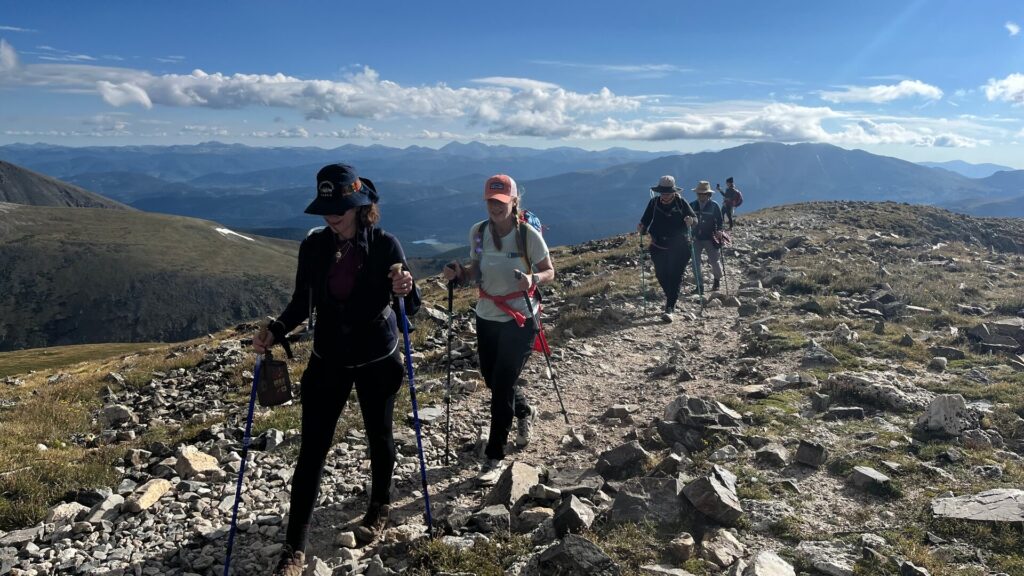



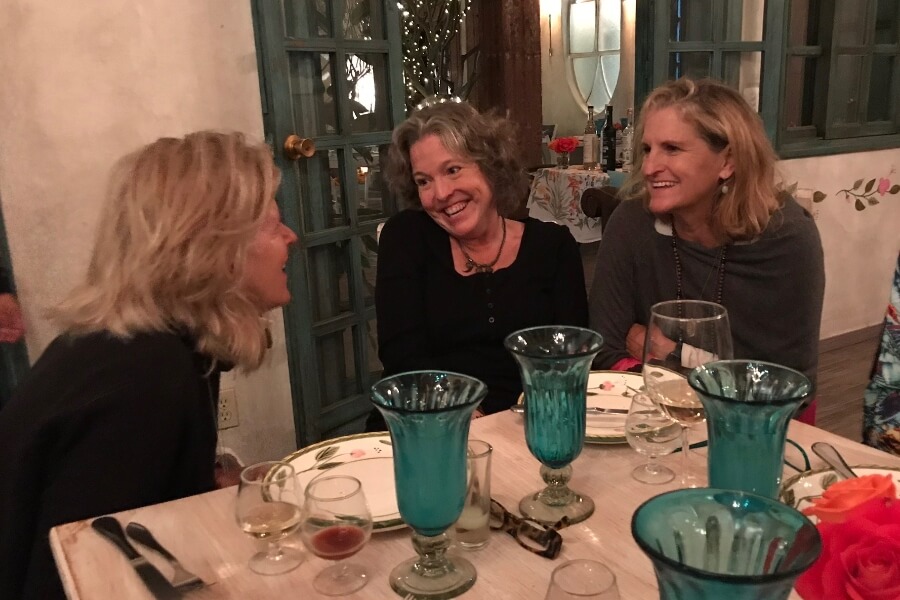

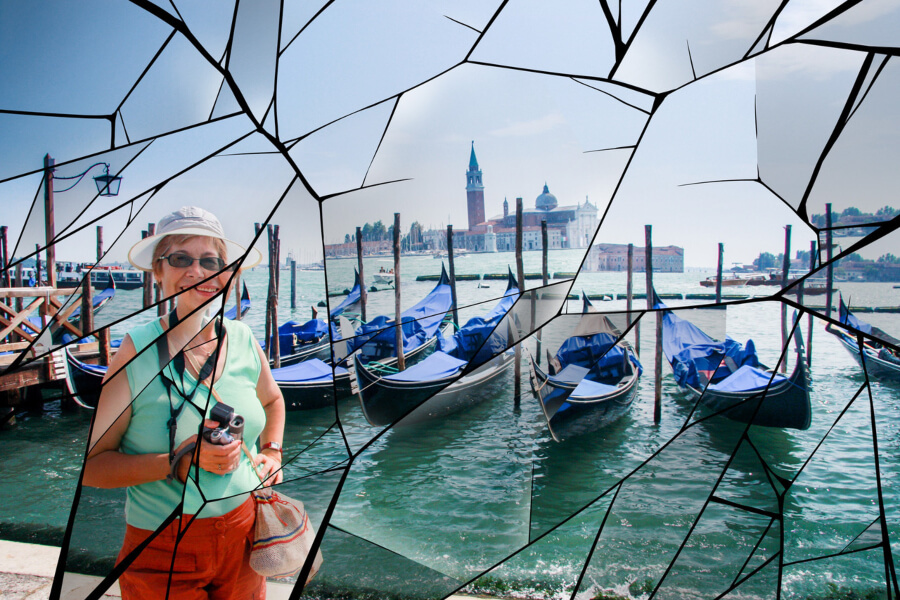

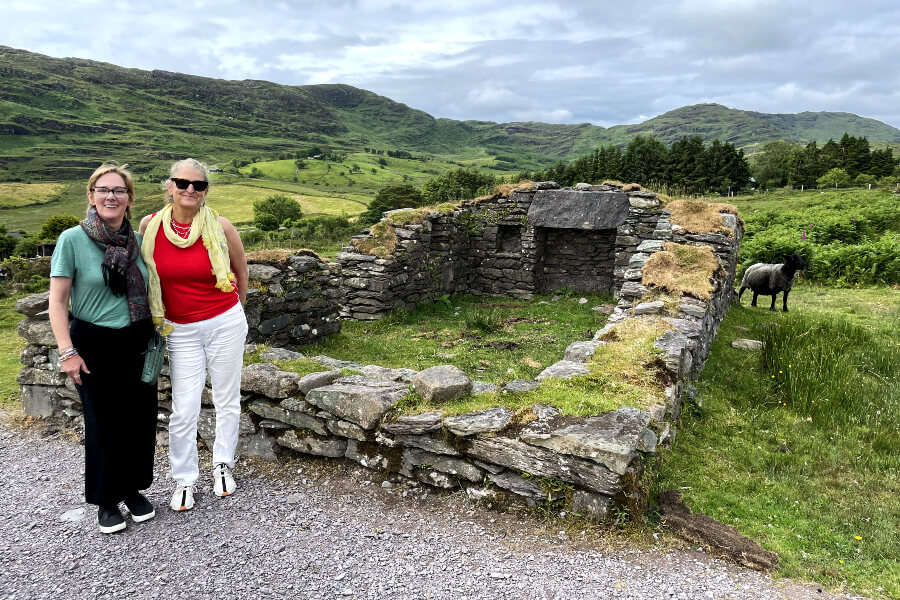
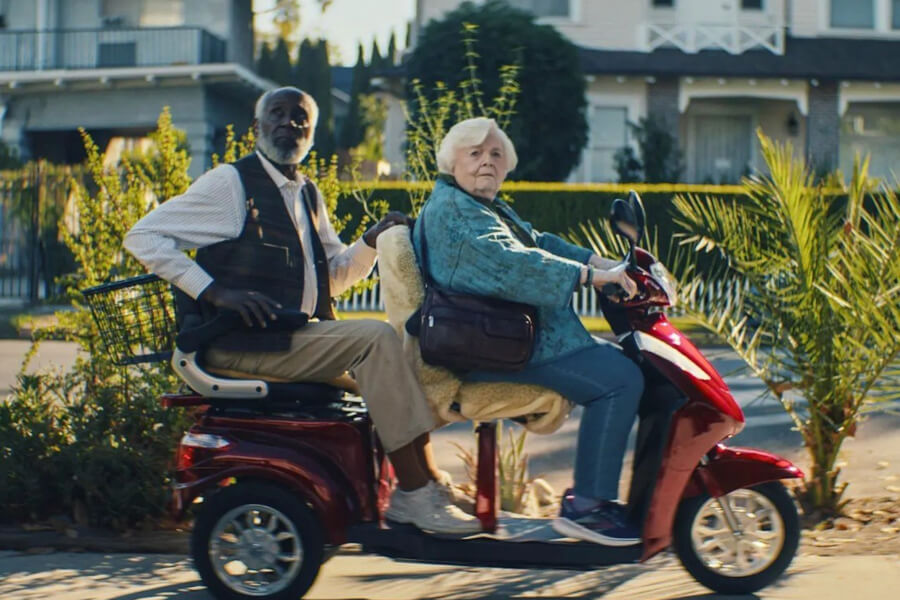
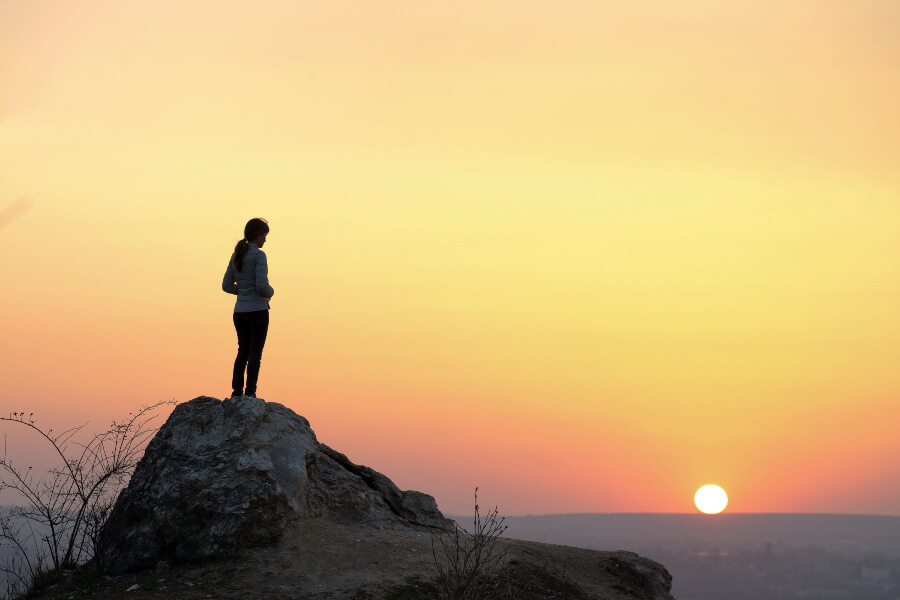



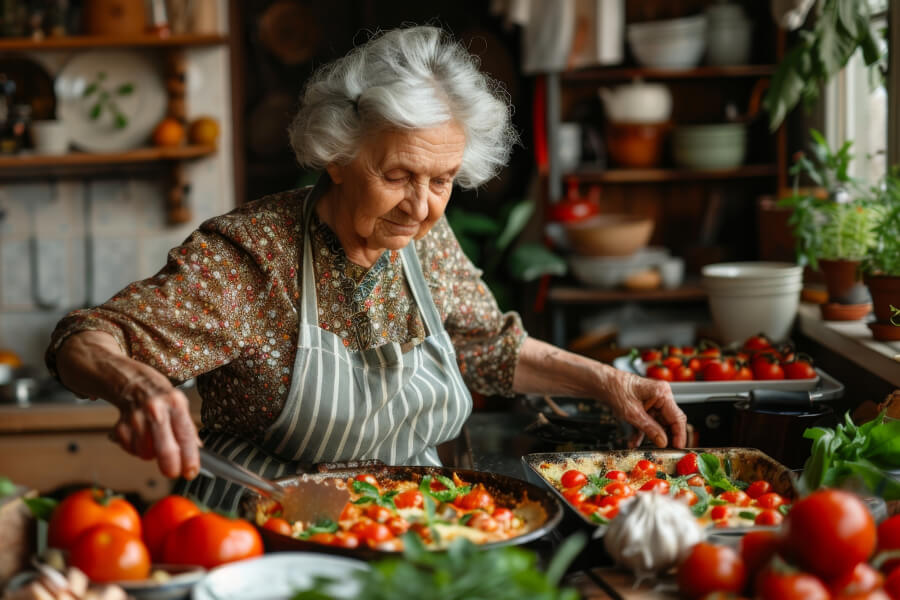


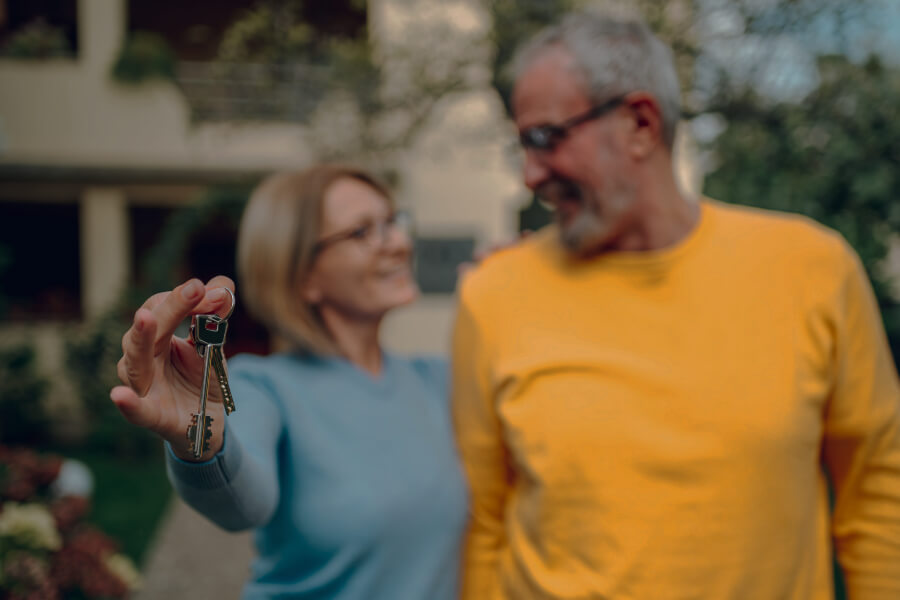

0 Comments